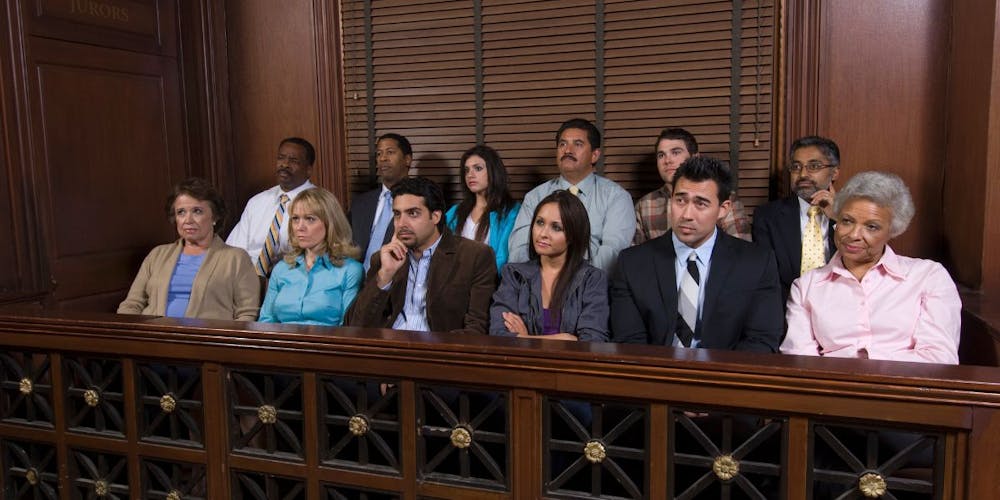
It’s getting tough these days to find someone who doesn’t use social media. Roughly 7 in 10 Americans regularly visit sites like YouTube, Facebook, and Instagram. After an accident or injury, many will want to keep friends and family updated on their recovery, or keep their mind occupied as they heal. But social media can complicate your personal injury claim. Insurance companies will use every resource they can to minimize payment, and social media posts can be prime evidence against you.
Social media posts are public, and every statement you make about your personal injury case is something the other side’s insurance may consider. It’s common to scour a claimant’s posts for evidence that their injuries are overstated. Photos might suggest you’re healed even when you’re still being treated. “The smartest thing to do is not to post anything on social media while your case is pending,” says attorney Miklos Pusztai, “but if you do, anything you post could be used against you.”

Let’s say you get in a car accident. Then, a few months into your recovery, you post a video of yourself out walking even though you’ve still got serious back pain. The other driver’s insurance may see this and claim you weren’t hurt very badly. To avoid this, many personal injury lawyers advise their clients to stop using social media following an accident or injury. But if that won’t work for you, what can you do to protect your claim?
One of the first steps is to set all social media accounts to private. Never assume the protection is absolute, so you also need to limit your interaction with friends and family online. Ask them to avoid talking about your case or your recovery where an insurance adjuster or lawyer might see it. Also, pay attention to new friend requests following an auto accident. They might be someone trying to find information on you. The most damaging information, however, often comes directly from the injured party themselves.
Many injured people want to vent their frustrations publicly. But the other party’s insurance could claim that you’re just filing a case to get revenge. No matter how angry you are, don’t mention it online. Check and double-check every post to make sure you don’t reveal something you shouldn’t, especially with photos and video. An adjuster or lawyer that sees a video of you at the gym, despite claims of immobility, may use this as evidence you didn’t really suffer at all. And should your case go to trial, social media can present all sorts of difficulties.
Statements made outside of court are typically considered hearsay, but your social media posts are an exception because you’re making the claim. “An adjuster might not go on social media or google a client’s name,” attorney Miklos Pusztai says, “but you can bet a defense attorney will. Any statements you make that are accessible to the public that will contradict your testimony represent ways social media use can negatively impact your case.” A court could also issue a subpoena to get access to any social media accounts you’ve set to private.

Another challenge is that if your case goes before a jury, everything you’ve written will be read by average people. If you posted that you felt okay after your accident, they may take you at your word. This is when your personal injury attorney would work to show the context behind what you’ve posted. Even then, you’ll still need to work closely with your accident lawyer and be careful with your posts. By taking these steps, you can establish how badly you were hurt, and one photo or video shouldn’t define your injuries and recovery.
Social media is a major factor in the daily lives of hundreds of millions of people. And if you’ve been hurt in a car accident, the slightest social media slip-up can massively impact your case. We at Park Chenaur and Associates understand social media and the law and work closely with clients on how to manage their use. We know you might want to talk to others about your pain, and we know how to help you express it in a way that won’t harm your case. We’ll fight to get you the settlement you deserve so that you no longer need to worry about saying the wrong thing to the world.












